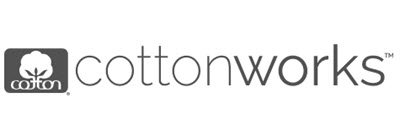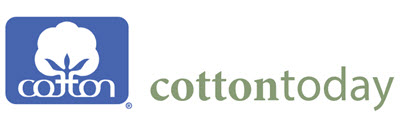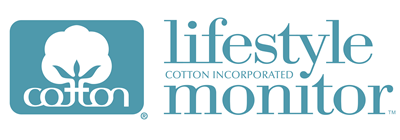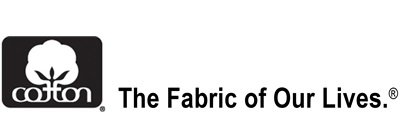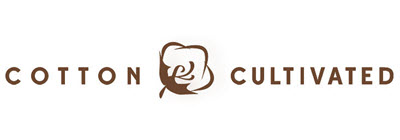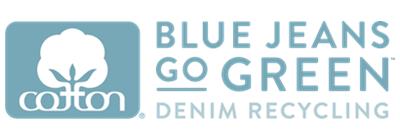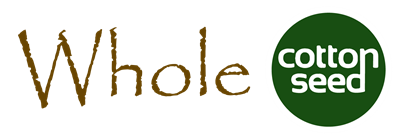Last evening, Cotton Incorporated inducted the 2017 class of the Cotton Research and Promotion Hall of Fame. The event took place in St. Petersburg, Fla., as part of the joint Cotton Board/Cotton Incorporated Board of Directors Meeting. The program, now in its fourth year, recognizes U.S. cotton industry leaders that have made significant contributions to the Program or to the cotton industry in general.
The three honorees for the 2017 Cotton Research and Promotion Hall of Fame include: the late Dr. Harold L. “Hal” Lewis (Arkansas); the late Lawson “Sykes” Martin (Alabama); and Dr. William M. “Bill” Lyle (Texas).
The Cotton Research and Promotion Program was established in 1966 to expand the demand for upland cotton and to increase profitability for both cotton growers and importers of cotton products.
“Over the past few decades, the cotton industry has continued to evolve and advance in many ways,” says Berrye Worsham, President and CEO of Cotton Incorporated. “The tireless dedication and many contributions of the 2017 Hall of Fame Inductees have shaped the industry as we know it today and will further impact future growth and advancement.”
The 2017 honorees of the Cotton Research and Promotion Program Hall of Fame were chosen from nominations made by Certified Producer and Importer Organizations and voted upon by the Chairman’s Committee of the Cotton Incorporated Board of Directors.
- Dr. Harold L. “Hal” Lewis (deceased) had a lifelong dedication to agriculture and research, notably in the cotton industry. As Director of Research for Cotton Incorporated (1970-1973), Dr. Lewis was instrumental in the development of the module builder and played a key role in the research program for boll weevil eradication. His experience and knowledge as a plant breeder led him to develop three commercial cotton varieties. Dr. Lewis served as a board member for both the National Cotton Council and the Cotton Board, and was inducted into the Arkansas Agricultural Hall of Fame in 2006. Before his death, he also served as president and general manager of his own business, Scientific Seed Co. and H.L. Lewis Farm and Enterprises.
- Lawson “Sykes” Martin (deceased) is recognized for his strong leadership in the cotton industry, having served in organizations on both local and national levels. Mr. Martin had a long career at the National Cotton Council, beginning as a delegate in 1977 and finishing as an Advisor to the Council in 1993. He also held board positions at Cotton Incorporated, Southern Cotton Growers, the American Cottonseed Association, and The Cotton Foundation. In 1987, he was named the National Cotton Farmer of the Year by Cotton Farming Magazine, and was also the recipient of the Alabama Farm of Distinction Award in 1993.
- Dr. William M. “Bill” Lyle has had a revolutionary impact on the cotton industry with the research and development of the Low Energy Precision Application (LEPA) system in the 1980s. His contributions as a cotton farmer, agricultural engineer, and scientist are recognized both nationally and internationally. Dr. Lyle has served as a consultant to the United States Congress, John Deere and Company, and the American Society of Agricultural Engineers Water Supply and Conveyance Committee. He has also been the recipient of the John Deere Gold Medal Award (1998), the High Plains Research Foundation’s Agricultural Research Scientist of the Year Award (1981), the Texas Association of Agricultural Consultant Public Servant of the Year Award (1992), and the Secretary of Agriculture Group Research and Extension Award (1994), among others.
About Cotton Incorporated
Cotton Incorporated, funded by U.S. cotton producers and importers of cotton and cotton textile products, conducts worldwide research and promotion activities to increase the demand for and profitability of cotton. For more information about Cotton Incorporated visit CottonInc.com.

